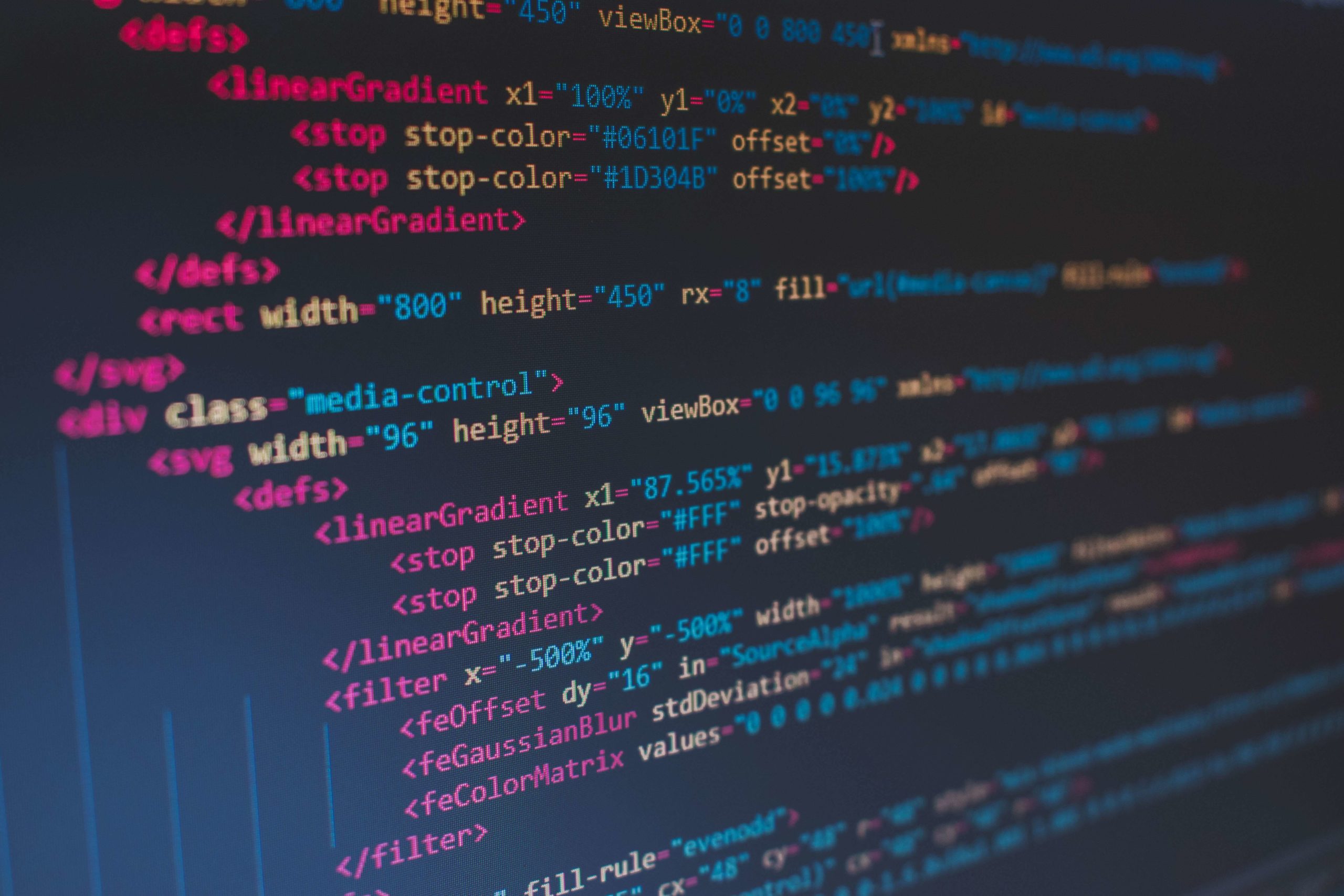5 Fundamentals Every Programmer Should Know
Brooks School Summer Programs 2024
Programming is about more than writing code; it’s about developing a mindset that enables logical thinking, problem-solving, and effective communication with machines. Whether you’re an aspiring programmer just starting out or an intermediate coder looking to build on existing skills, focusing on certain core principles is crucial. Here are five essential fundamentals that every programmer should know to succeed and grow in the field.
1. Understanding Data Structures and Algorithms

Why It Matters: At the heart of every program lies data and the logic to manipulate it. Data structures are methods of organizing data to make it easier to access, manage, and update. Algorithms, on the other hand, are step-by-step instructions to perform tasks or solve problems. Together, they form the backbone of effective, efficient programming. Knowing how to use these concepts to optimize performance is key to becoming a skilled developer.
- Data Structures: Arrays, linked lists, stacks, queues, hash tables, and trees. Each structure has unique properties and use cases.
- Algorithms: Sorting (e.g., merge sort, quicksort) and searching algorithms (e.g., binary search) are fundamental, and understanding when to use which algorithm can have a huge impact on efficiency.
- Efficiency: Understanding Big O notation, which describes the efficiency of algorithms, is crucial for optimizing code.
Application in Real-World: In a summer program, you might build an app that uses a hash table for fast data retrieval or a queue to manage tasks. These concepts are not only theoretical but serve practical applications that you’ll encounter repeatedly in programming.
2. Mastering Problem-Solving Techniques

Why It Matters: Programming is fundamentally about solving problems. Writing efficient code begins with understanding the problem you’re trying to solve, breaking it down, and approaching it methodically. Problem-solving is a skill that grows with practice and exposure to varied challenges.
- Decomposition: Breaking down a complex problem into smaller, more manageable parts.
- Pattern Recognition: Recognizing patterns in problems, which helps with identifying common solutions and code reuse.
- Pseudocode: Writing a high-level outline of the solution in plain English helps organize your thoughts before writing actual code.
- Debugging: Identifying and fixing bugs is integral to programming. Debugging also builds your understanding of how code operates.
Application in Real-World: In Brooks School summer programs, students may encounter assignments that require dissecting problems into simpler parts. For example, creating a basic game or an automated to-do list can teach valuable debugging skills and iterative thinking. Practicing problem-solving ensures that when you face real-world challenges, you have the confidence to tackle them creatively.
3. Learning Syntax and Basic Concepts of at Least One Language

Why It Matters: Each programming language has its own syntax (rules for how code is written) and basic commands. Learning at least one language well lays the foundation for picking up others quickly. Python, for example, is known for being beginner-friendly due to its readable syntax, and JavaScript is essential for web development. Both languages are popular choices for introductory programming courses.
- Syntax: The structure and rules for writing code, which differ slightly from language to language.
- Variables and Data Types: Storing and manipulating data using variables, such as integers, strings, and booleans.
- Control Flow: Using conditionals (if-else statements) and loops (for, while) to control the logic of your program.
- Functions and Modularity: Writing reusable code by organizing it into functions, which helps keep code organized and maintainable.
Application in Real-World: Summer programs often start with Python or JavaScript to teach students these basics. Mastering syntax and concepts such as loops and functions allows you to solve real programming challenges, like building interactive webpages or simple applications. Once you know one language, learning others becomes much easier.
RELATED ARTICLE
4. Knowing How to Work with Version Control Systems (VCS)
Why It Matters: Version control systems like Git are essential in programming, especially in collaborative settings. Version control allows you to manage changes to code, collaborate on projects, and track who made what change and when. Git is particularly powerful for group projects, where it enables programmers to work on the same codebase without conflicts.
- Basic Commands: Learning how to commit changes, push to repositories, and pull updates from others.
- Branching and Merging: Creating branches to work on different features simultaneously and merging them back into the main codebase.
- Conflict Resolution: Handling situations where multiple people edit the same part of code.
- Repositories: Storing code in remote repositories like GitHub or GitLab for collaboration and backup.
Application in Real-World: At Brooks School summer programs, students might work in teams to build a project, making version control crucial. They’ll learn to use Git to organize, save, and share their work while developing a strong understanding of collaboration—an invaluable skill in both academia and industry.
RELATED ARTICLE
5. Understanding Software Development Principles
Why It Matters: Writing code is only one part of programming. Effective software development also involves principles that make code more readable, maintainable, and efficient. These principles ensure that your code is easy for others (and future you) to understand and build upon.
Key Concepts:
- DRY Principle (Don’t Repeat Yourself): Avoid duplicating code by using functions, loops, and modular design, which reduces errors and keeps the code concise.
- Modularity and Reusability: Organizing code into logical units, such as functions or classes, to make it easier to understand and modify.
- Commenting and Documentation: Writing comments in code to explain complex sections, making it easier for others to follow.
- Testing: Testing code for errors, both manually and using automated testing frameworks, ensures that everything works as intended and catches bugs early.
Application in Real-World: These principles can make or break a project. A well-documented and modular project is more valuable and sustainable than one that only its original creator can understand. In Brooks School summer programs, students might create projects that incorporate these principles by organizing their code, writing comments, and building reusable functions—preparing them to succeed in both independent and collaborative coding.
Conclusion
Programming requires more than simply writing code; it demands a holistic understanding of how to approach problems and communicate solutions effectively. Mastering these five fundamentals—data structures and algorithms, problem-solving techniques, language syntax, version control, and software development principles—provides a strong foundation for success in programming. Brooks School’s summer programs are an excellent opportunity to learn and apply these principles in a supportive and dynamic environment, equipping you with the skills to take on real-world programming challenges.
With these fundamentals, students can develop the confidence to explore new languages, work collaboratively, and solve complex problems. Whether you’re building simple applications or creating advanced systems, these core skills will serve as a compass, guiding you toward proficiency and innovation in the field of programming.
